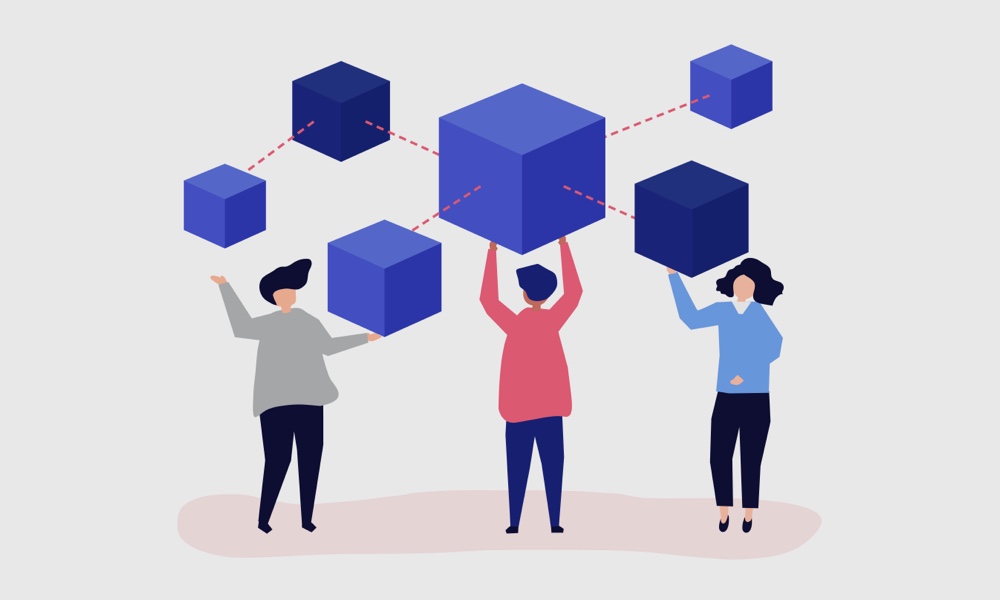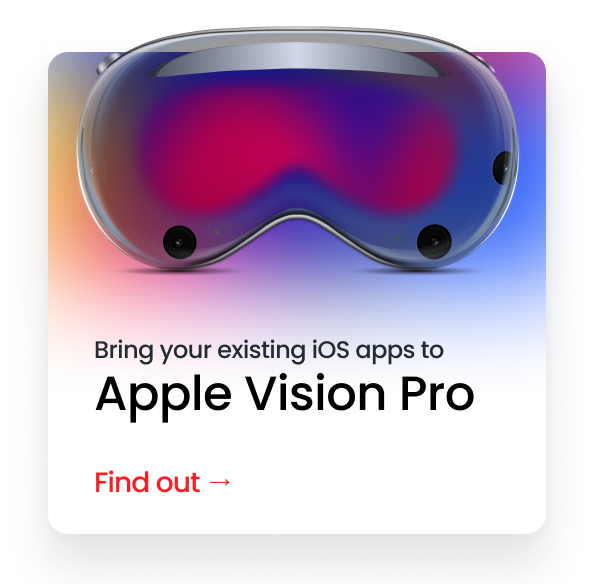Introducing Blockchain as a form of ID

Table of Contents
The blockchain is an incorruptible digital ledger of economic transactions that can be programmed to record not just financial transactions but virtually everything of value.
Blockchain is nothing but a computer connected to a network. These computer devices could be considered as nodes. Each node uses a client that performs the task of validating and relaying transactions) gets a copy of the blockchain, which gets downloaded automatically upon joining the blockchain network.
Blockchain was made by Satoshi Nakamoto which is a pseudonym for a group of people or a single person. This group or individual is unknown as so pseudonym for referring to this invention.
Blockchain can be called a new type of internet that allows digital information to be distributed but not copied. It was originally devised for the digital currency, which is largely dominated these days by the name, Bitcoin. The tech communities have been exploring other potential uses for this technology. Hence blockchain can be considered as the backbone of this network.
Bitcoin can be stated as “Digital Gold” also blockchains can make other types of digital value, like the internet (or your mobile), you don’t need to know how the blockchain works to use it. It is only from an end-user perspective.
However, blockchain is considered as revolutionizing technology for a wide array of digital solutions, leveraging custom software application development, in almost every possible industry out there. This makes it imperative to know about the basics of it.
Blockchain Durability
Blockchain has a built-in robustness. It usually stores identical blocks of information all over the network so as there is no point of fraud or failure in the system.
Blockchain cannot be controlled by,
- Single entity
- No single point of failure
Bitcoin was invented in 2008 & till now there any no record of failure or fraud. A few failures had occurred due to mismanagement or inappropriate handling of blockchain-based solutions in place. It is 100%reliable. If the internet itself is being considered durable for the past 30 years, then blockchain shall be considered durable too.
Transparent & Fraudless
Blockchain automatically checks in with itself every ten minutes as it is always in a state of consensus. It is a self-auditing (checking) system of a digital value where the network checks every transaction that happens in ten-minute intervals.
Each group of these transactions is referred to as a “block”.
Two main properties of blockchain are:
- Here data is public and it is tightly bonded with the network, which is why it is “Transparent”
- Blockchain solves the problem of manipulation, for altering any unit(block) of data would require a very huge amount of computing power and so it is “Incorruptible”
Theoretically altering blockchain is possible but practically it is unlikely to happen.
Network of Nodes
Computers are connected to each other via a common network where validation & checking happen at certain intervals of time. Single connected computers in this network are called nodes. Each node connected in the network gets a copy of the blockchain. It creates a powerful second-level network.
Every node residing in the network is itself an “Administrator” of blockchain and joins voluntarily making blockchain a decentralized system. Nodes are said to be “mining” Bitcoin, but the term is something of a misnomer. In fact, each one is competing to win Bitcoins by solving computational puzzles.
There are many types of cryptocurrencies available same as bitcoin. There are multiple projects inspired by blockchain already in use or development.
Decentralization System
Decentralization means the network operates on a user-to-user (or peer-to-peer) basis. Blockchain is a decentralized system where anything happening in a function is considered a network as a whole.
It creates a new way to verify transactions aspects of traditional commerce could become unnecessary. Also, it could keep a record of certain things like food products or land registries that are public.
Bitcoin is managed by a global network & not by any central point of the network. This makes bitcoin a more reliable & trusted source to keep or invest in.
Use of Blockchain
The financial transaction is the strongest part when considering blockchain. According to World Bank, 430$ billion money was transferred in 2015. Blockchain cuts the middle-man from all sorts of transactions making it one of the most required fields & generating high demand for blockchain developers. With online payment gateway integration in mobile apps and custom web apps, blockchain has gained popularity.
Blockchain can be used by the public via ‘wallet’ applications these apps provide a GUI (Graphical User Interface) to users for accessing different data about their Bitcoins and other crypto-currencies.
All the financial transactions online are closely connected to the processes of identity verification. It is easy to imagine that wallet apps will transform in the coming years to include other types of identity management.
Security
With Blockchain blocks(nodes) of data is equally distributed throughout the network eliminating the risk of a central authority for data storage.
Blockchain uses “Encryption technology” rather than the old ‘username/password’ verification method eliminating the risk of attack by hackers.
Blockchain is dependent on two keys :
-
1 Public Key :
- Long randomly generated string key
- Bitcoin sent across networks are bound to this key
- It can’t access your bitcoin or other cryptocurrencies
-
2 Private Key :
- Can access your cryptocurrencies
- It should be kept printed & safeguarded as it’s the only proof of all your currency
- Store it on blockchain and its incorruptible
- It can be stored in a paper wallet
Apart from this, there are other certain aspects that keep blockchain technology more secure and reliable.
Altering or hacking any of the blocks in the blockchain would require a huge amount of data mining & power which is practically not feasible. Each node has the copy of the blockchain and also take equal part in verifying transaction so there is very less to no chance of data error or manipulation.
Before getting a copy of the blockchain, special permission is required for each user to access it. Blockchain as of now is very secured and looking at the internet’s success it could surely be very effective in coming years as a revolutionary network for transactions.
What Blockchain will Offer?
The blockchain gives internet users the ability to create value and authenticates digital information. What new business applications will result?
- Smart contracts
- Crowdfunding
- Governance
- Supply chain auditing
- File storage
- Prediction markets
- Protection of intellectual property
- Internet of Things (IoT)
- Identity management
- AML and KYC
- Data management
- Land title registration
- Stock trading
Final Say
Blockchain is taking baby steps currently but would be the most revolutionary technology in the coming years, as it provides the best solution for overall security & transactions. The benefits of this amazing technology are not limited to what we have discussed. There’s way more to it.
Contacts our experts to discuss and understand how implementing blockchain could add value to your business processes, regardless of the industry you are into.




